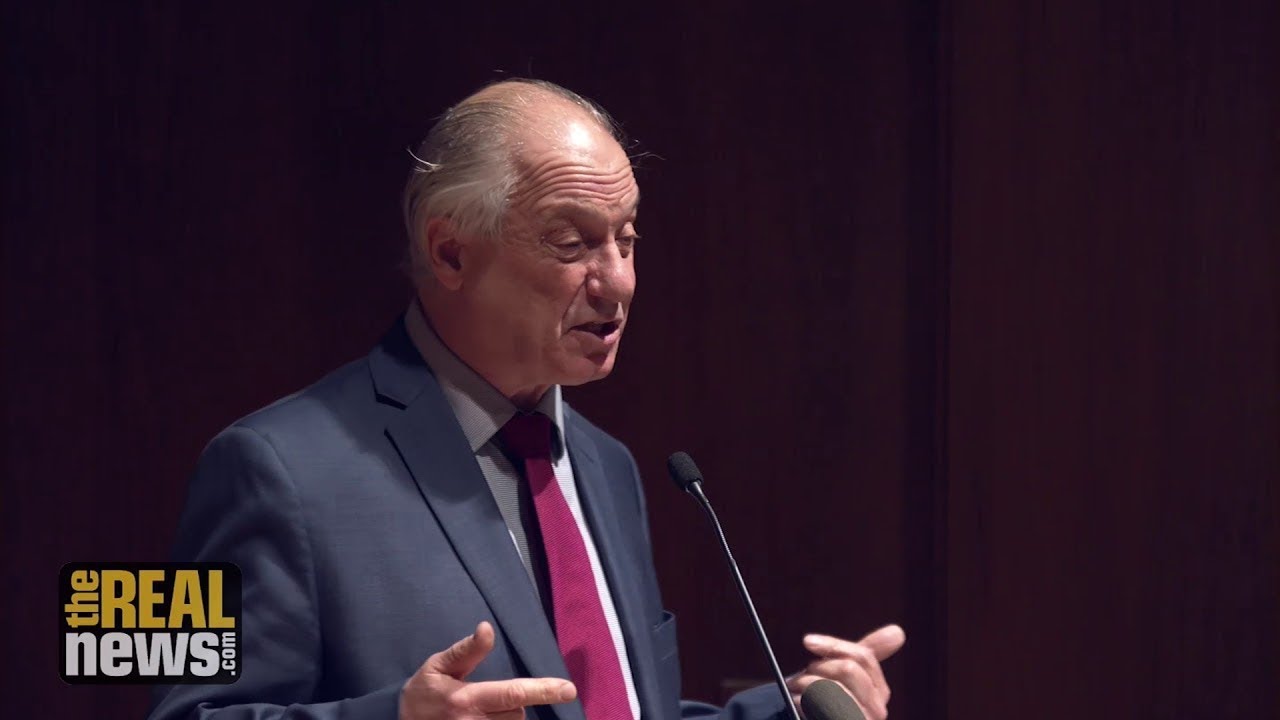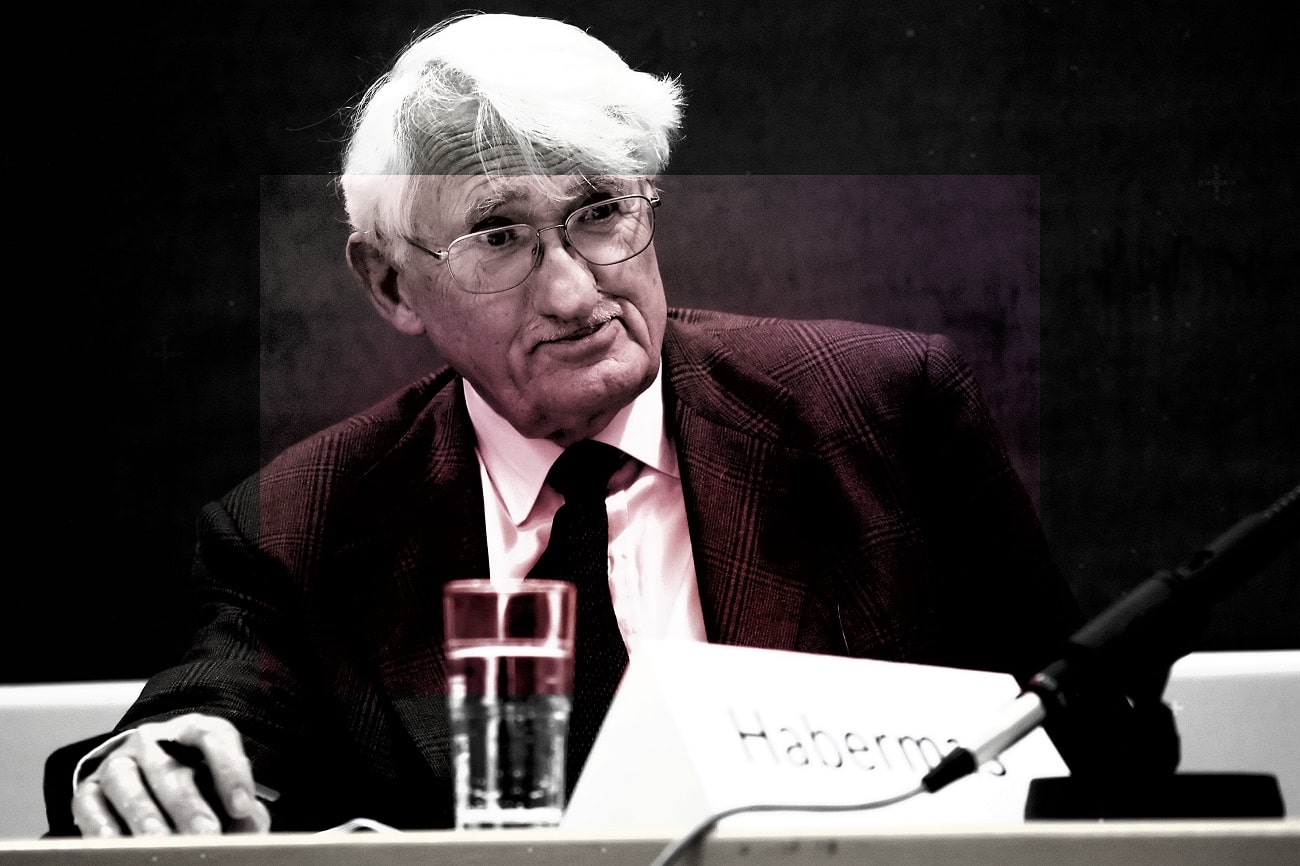Michael Burawoy - Remembering Erik Wright: Real Utopian in Practice and in Theory
Erik Olin Wright died just after midnight on January 22. He was 71 years old. With his death, the world lost one of its great social scientists – practitioner as well as thinker.
Erik’s class analysis sparked many invigorating debates about the meaning of class. Through these debates and in response to criticism, Erik revised his scheme over the years, sometimes with small adjustments, sometimes by shifting its foundations. If there is one trait that threads through his scholarly work – and indeed through his life – it is the determination to get things right. This not only entailed developing a close dialogue between theoretical elaboration and empirical research, but also deepening the internal logic of his analytical schemes. You can trace the evolution of his thinking through a series of books, starting with Class, Crisis and the State (1978), followed immediately by the publication of his dissertation, Class Structure and Income Determination (1979), and then to the deeper shift that came with his adoption of John Roemer’s notion of exploitation in Classes (1985), and his response to his critics in The Debate on Classes (1989). The summation of the international project in Class Counts (1997) establishes the effects of class on such issues as intergenerational mobility, friendship patterns, gender relations, and class consciousness. His final contribution on this topic, Approaches to Class Analysis (2005), fittingly enough, was recognition of the multiple Marxist but also non-Marxist approaches to class analysis that had sprung up on the ruins of stratification theory where he had begun.
https://www.versobooks.com/blogs/4222-remembering-erik-wright-real-utopian-in-practice-and-in-theory












